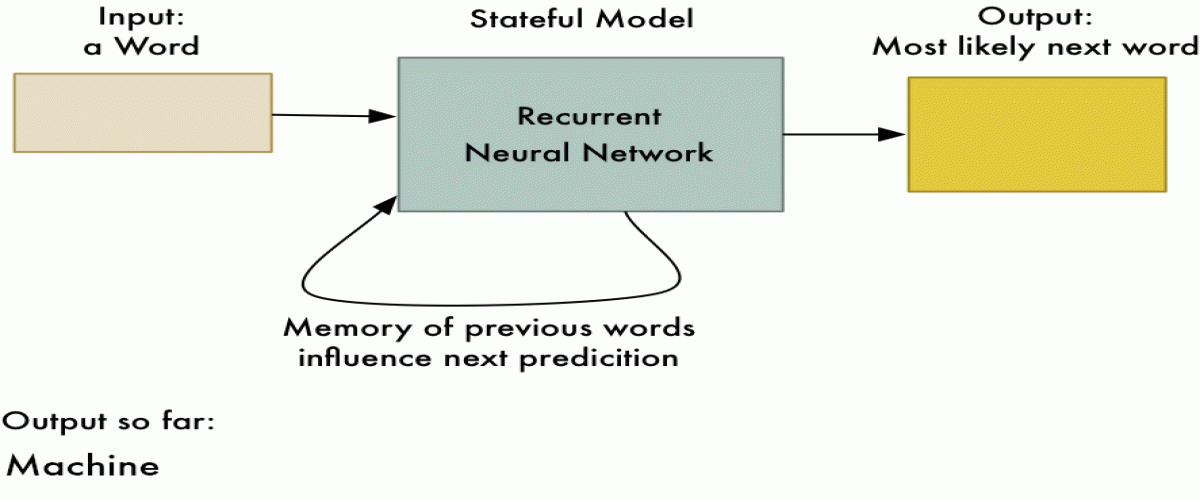Data Privacy and Compliance: What Your Business Needs to Know
In today's digital age, data is at the core of nearly every business operation. From customer information to financial records, data plays a pivotal role in decision-making, operations, and overall success. However, the collection, storage, and handling of data come with significant responsibilities, especially in the context of data privacy and compliance. In this article, we'll explore what your business needs to know about data privacy and compliance, with a focus on key regulations and best practices.
The Significance of Data Privacy
Data privacy refers to the protection of personal information and sensitive data from unauthorized access, use, or disclosure. It's a fundamental component of building trust with your customers and clients. Ensuring data privacy is not only an ethical responsibility but also a legal requirement in many regions.
Key Aspects of Data Privacy
-
Consent: Individuals must provide informed and voluntary consent for their data to be collected and processed.
-
Transparency: Businesses should be clear about how data is collected, used, and shared, and should inform individuals about these practices.
-
Access and Control: Individuals have the right to access their data, correct inaccuracies, and have their data deleted upon request.
-
Security: Businesses must implement appropriate security measures to protect data from breaches and unauthorized access.
-
Data Minimization: Collect only the data necessary for the intended purpose and no more.
-
Accountability: Businesses are accountable for their data handling practices and must demonstrate compliance with regulations.
Regulations Impacting Data Privacy
Several data privacy regulations have been enacted globally, each with its own set of requirements and implications. Here are some of the most notable ones:
1. General Data Protection Regulation (GDPR)
Applicable to businesses operating within the European Union (EU), GDPR is one of the most comprehensive data privacy regulations. It requires businesses to obtain explicit consent for data collection, inform individuals about data usage, and provide the option to have data erased. Non-compliance can result in hefty fines.
2. California Consumer Privacy Act (CCPA)
CCPA is specific to California, but its impact extends beyond state borders. It grants California residents certain rights regarding their personal information, such as the right to access, delete, and opt-out of the sale of their data.
3. Health Insurance Portability and Accountability Act (HIPAA)
HIPAA regulates the handling of medical records and health information in the United States. It sets strict standards for the protection and confidentiality of healthcare data.
4. Personal Data Protection Act (PDPA)
PDPA is Singapore's data privacy regulation, requiring organizations to obtain consent for data collection, provide access to individuals' data, and maintain security measures to protect data.
5. Data Protection Directive (DPD)
The DPD, also known as the Privacy Shield, was designed to regulate data transfers between the EU and the United States. However, it was invalidated by the Schrems II ruling in 2020, requiring businesses to find alternative data transfer mechanisms.
Steps to Ensure Data Privacy Compliance
Complying with data privacy regulations is essential to avoid legal consequences, safeguard your reputation, and earn the trust of your customers. Here are the steps your business can take to ensure data privacy compliance:
1. Understand Applicable Regulations
Begin by understanding the data privacy regulations that apply to your business. Familiarize yourself with the specific requirements and responsibilities outlined in these regulations.
2. Data Audit
Conduct a comprehensive audit of the data your business collects, stores, and processes. This includes personal information, financial data, and any other sensitive information. Document where the data comes from, how it is used, and who has access to it.
3. Data Minimization
Adopt a data minimization approach. Collect only the data that is necessary for the purpose you have defined. Avoid gathering excessive or irrelevant information.
4. Consent and Transparency
Implement clear consent mechanisms for data collection. Inform individuals about the purpose of data collection and how their data will be used. Offer the option to withdraw consent at any time.
5. Security Measures
Invest in robust data security measures to protect sensitive information. This may include encryption, access controls, regular security assessments, and employee training on data security best practices.
6. Data Subject Rights
Ensure that individuals have the ability to exercise their data subject rights, such as the right to access, correct, or delete their data. Establish processes for handling these requests.
7. Privacy Policies
Develop and publish clear and concise privacy policies that explain your data handling practices. Make these policies easily accessible to individuals.
8. Data Protection Officer (DPO)
Appoint a Data Protection Officer (DPO) if required by the regulations. A DPO is responsible for ensuring that the organization complies with data protection laws and regulations.
9. Vendor Management
If you share data with third-party vendors or partners, ensure that they also comply with data privacy regulations. Establish clear contracts and agreements outlining data protection responsibilities.
10. Regular Audits and Assessments
Conduct regular audits and assessments of your data handling practices to ensure ongoing compliance. Address any identified issues promptly.
The Value of Data Privacy
While ensuring data privacy compliance may require an investment of time and resources, it offers several significant benefits to your business:
-
Trust and Reputation: Complying with data privacy regulations builds trust with your customers and enhances your reputation as a responsible and ethical business.
-
Legal Compliance: Avoiding legal consequences and potential fines is a key benefit of data privacy compliance.
-
Data Security: Strong data security practices protect your business from data breaches and cyberattacks, reducing the risk of data loss and financial damage.
-
Competitive Advantage: Data privacy compliance can be a competitive advantage, as customers may prefer to do business with organizations that prioritize their privacy.
-
Global Expansion: Compliance with international data privacy regulations allows your business to operate in a global market without restrictions.
The Future of Data Privacy
The future of data privacy will likely see more stringent regulations as well as increased public awareness and scrutiny of data handling practices. Businesses that prioritize data privacy and invest in robust compliance measures will not only avoid legal issues but also build trust, foster customer loyalty, and thrive in an environment where data privacy is of paramount importance. Data privacy isn't just a legal obligation; it's an integral component of ethical and responsible business operations in the digital age.





Comments